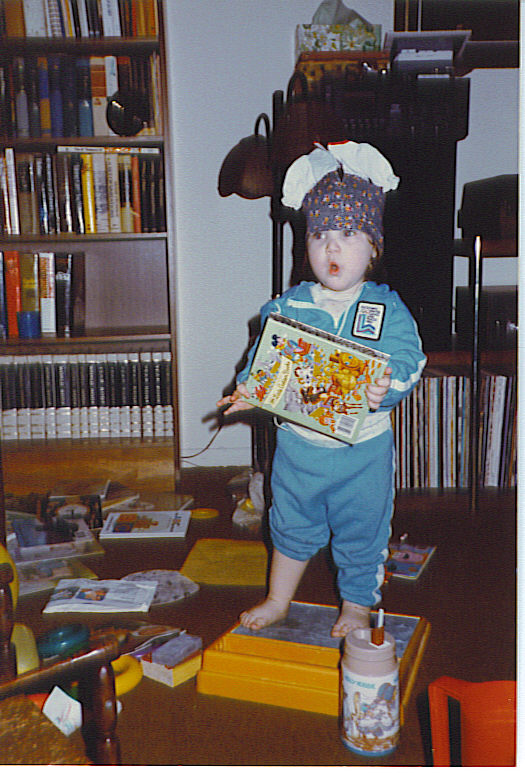I'm in a new hostel, in East Jerusalem. I have a cell phone, too. If you want the number, email me.
I love East Jerusalem. The area right around Damascus Gate, where I am not, is very hopping, a bit of a commercial center, not tourist-focused. In fact, it's more Church Avenue than anywhere I've been except for, um, Church Avenue. (Sorry if you never came to visit me in Flatbush, but it's a very visceral thing.) I'll try to post some photos to give you the idea.
West Jerusalem I'm finding I can't get into. I haven't totally processed why yet, but I think a little bit might be that it seems unsure who it is. Let me tease this out more and get back to you.
I went to the Israel Museum today--some of it was great. Their contemporary Israeli art collection is good in one sense, that is that the art itself is super. However, I didn't see a single Palestinian Israeli name in the whole collection. I'm not too hot on telling Mizrahi and Askenazi names apart, but I don't think there were many Mizrahim either. So that sucks, but is very standard for an art museum. (Slightly better than usual stats on gender, but I only paid attention in the contemporary art exhibit, which has a better gender dynamic usually.)
Also, there were these fascinating collections of (mostly women's) clothes from Jewish communities around the world, but they left out a lot of information--like the classes of women who wore them, and the gender relations that these clothes embodied. Also, the majority of the clothes were from "Oriental" countries--Morocco, Uzbekistan, Yemen, etc. In part of the exhibit, they explain that European Jewish jewelry was lost during the holocaust, which is one thing. But setting up "foreign," "other" Jews as artifacts to be studied is a poisonous cycle in a country with poor race relations to begin with. (Let's not get into the fact that there was nothing about the culture or history of Palestinians living in Israel; this is the Jewish State after all, and we can't let reality get in the way of nationalism.) The Judaica collection was amazing over all--lots of silver, three whole synagogues reassembled (from Italy, Poland, and India), lots of illustrated texts (my favorite). In addition, they were pretty open about the fact that Jewish artists/artisans borrowed from local artistic techniques (Islamic art in the Middle East, etc).
Also, there was the fact that the "Islamic Art" collection was 5 cases, collected by an Iranian Jew and donated to the Museum. It was in a hallway. Brooklyn Museum has a better collection, and their collection is nothing to be impressed by. Mostly it was pottery, no paintings, only a few pieces of textiles. Again, there is/was Islamic art being produced in Israel/Palestine, and it's totally erased. (I won't get into the problematic designation of 'Islamic Art' as historic artifacts from pre-Ottoman times. But you know what I mean.)
Hmm, so maybe I didn't really like the museum. But there was a lot of great stuff in it, even if the politics were yicky.
I think I'm going to go find some ruins. Yay ruins. I will try not to analyze them too much.

